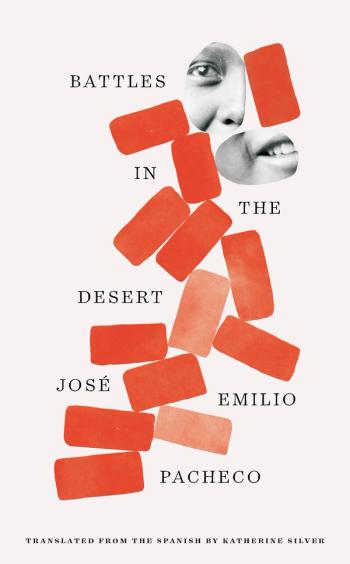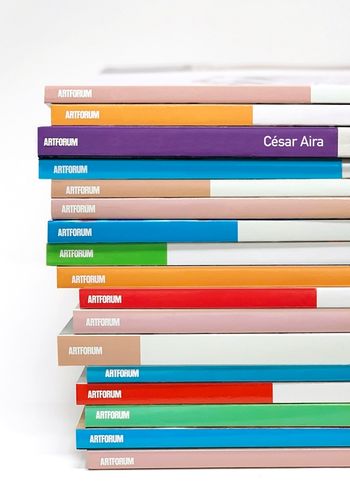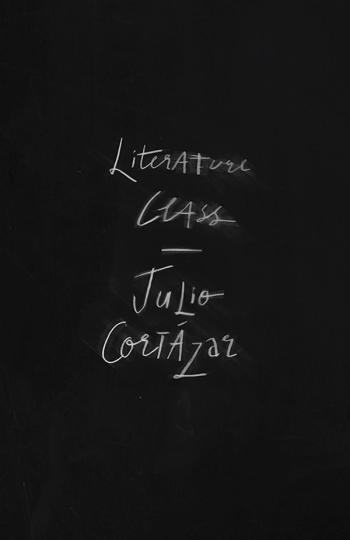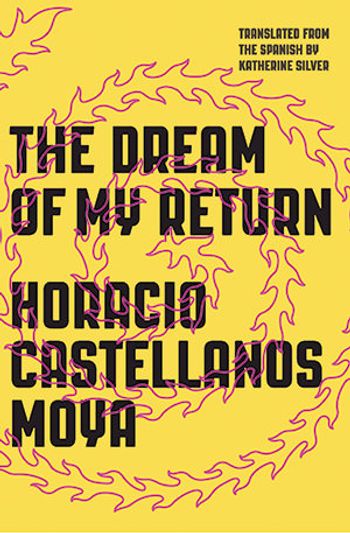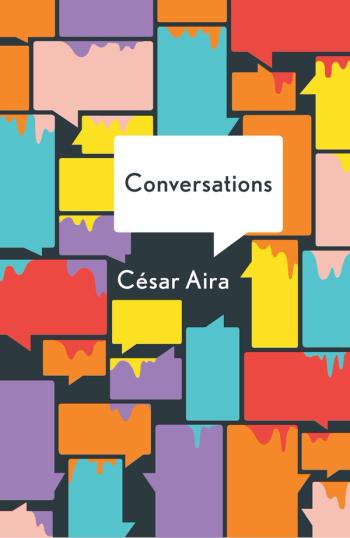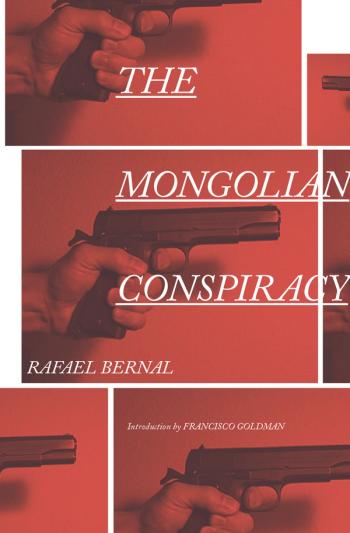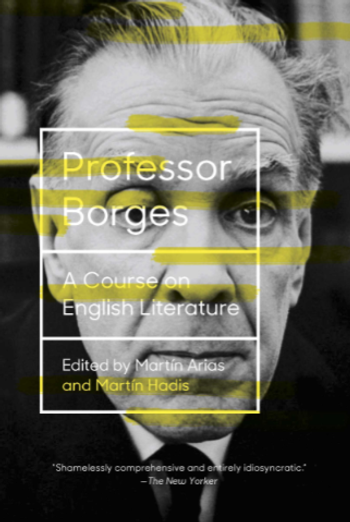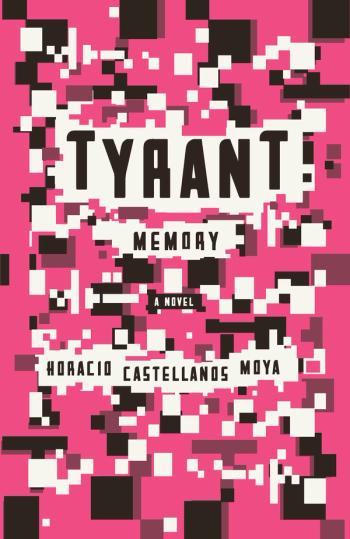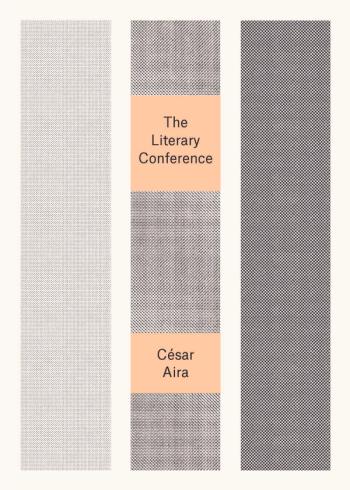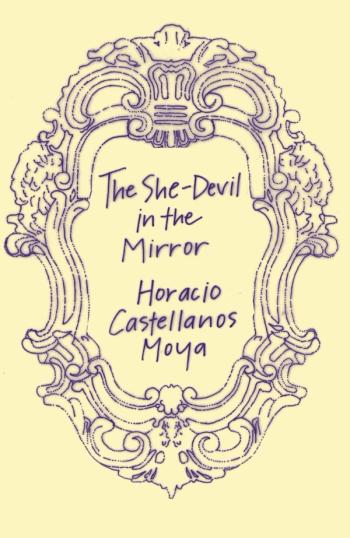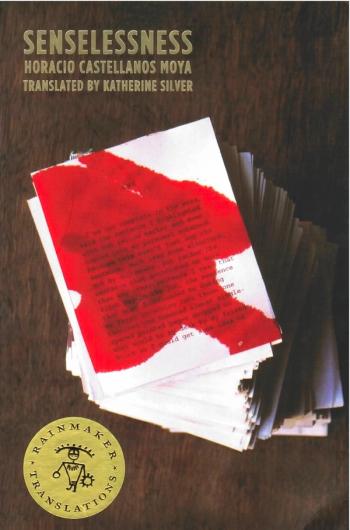In Festival, the genius postmodern sci-fi filmmaker Alec Steryx is the star guest of a film festival in an unnamed country. But he’s brought a surprise: his nonagenarian mother. Everyone is baffled. Why? Half-blind and terminally cranky, she does nothing but complain, despite insisting on attending every screening and reception. As Steryx’s mother gums up the works for the festival organizers, larger problems are in store … A delightfully baroque comedy of errors, Festival is, all at once, a loving parody of the institutions that support artists, a meditation on postmodern art, and a propulsive, lyrical, surreal adventure.
In the far, far future, a middle-aged father is behind the times. Bemused and disturbed, he watches his children play the eponymous Game of the Worlds, a Total Reality war game that involves the annihilation of countless alien civilizations—which are at least as real as the narrator’s own. As he debates the ethics of the game, struggles with his home’s “intelligent system,” and fumblingly manipulates his Discourse Corrector (a dead ringer for ChatGPT) on virtual beachside dates, an errant thought threatens to set a world-ending chain of logic into motion: the return of the Idea of God … Epic and domestic, madcap and musing by turns, this prescient novel reads like a message in a bottle from a bewitchingly strange yet all-too-familiar future.


